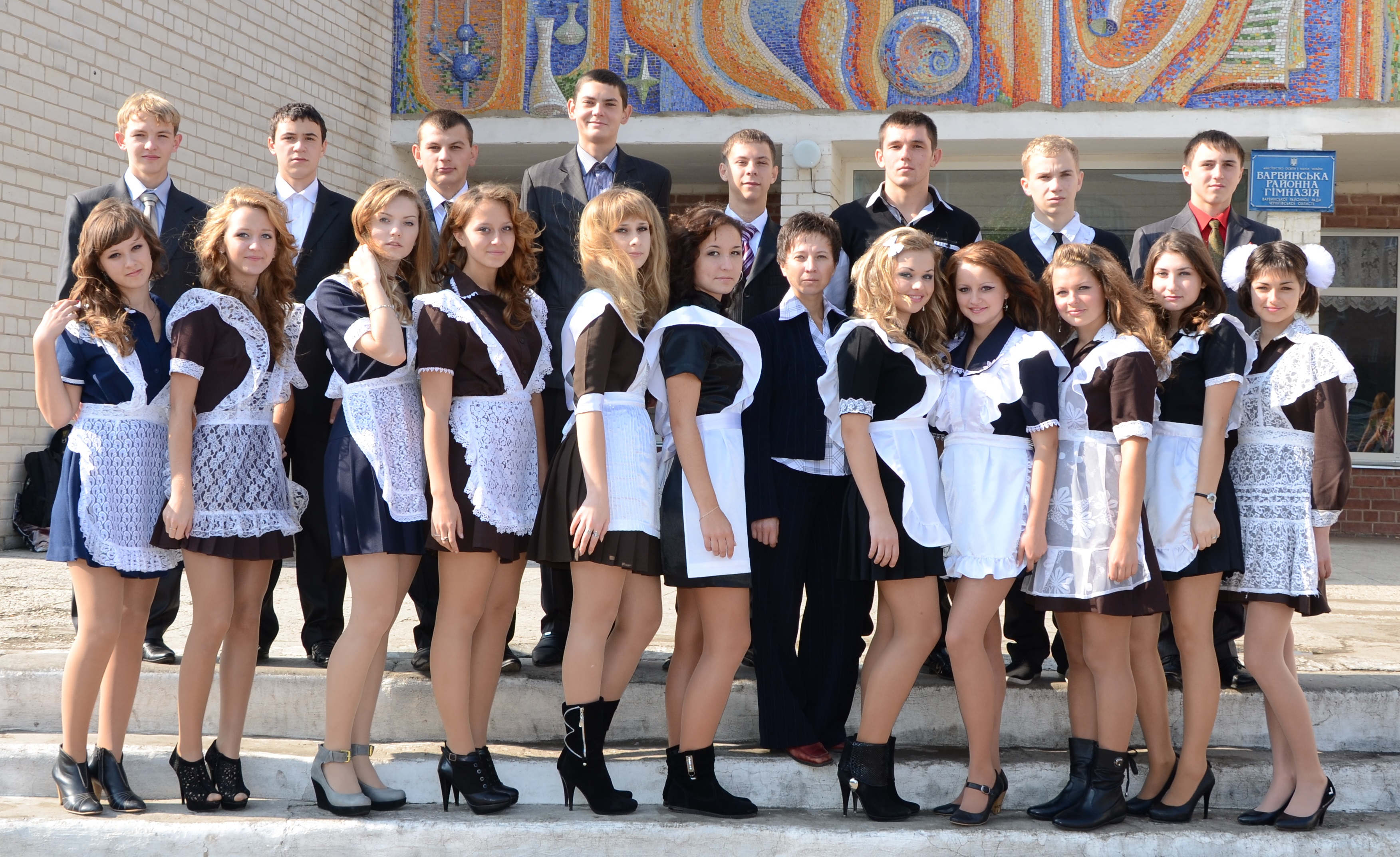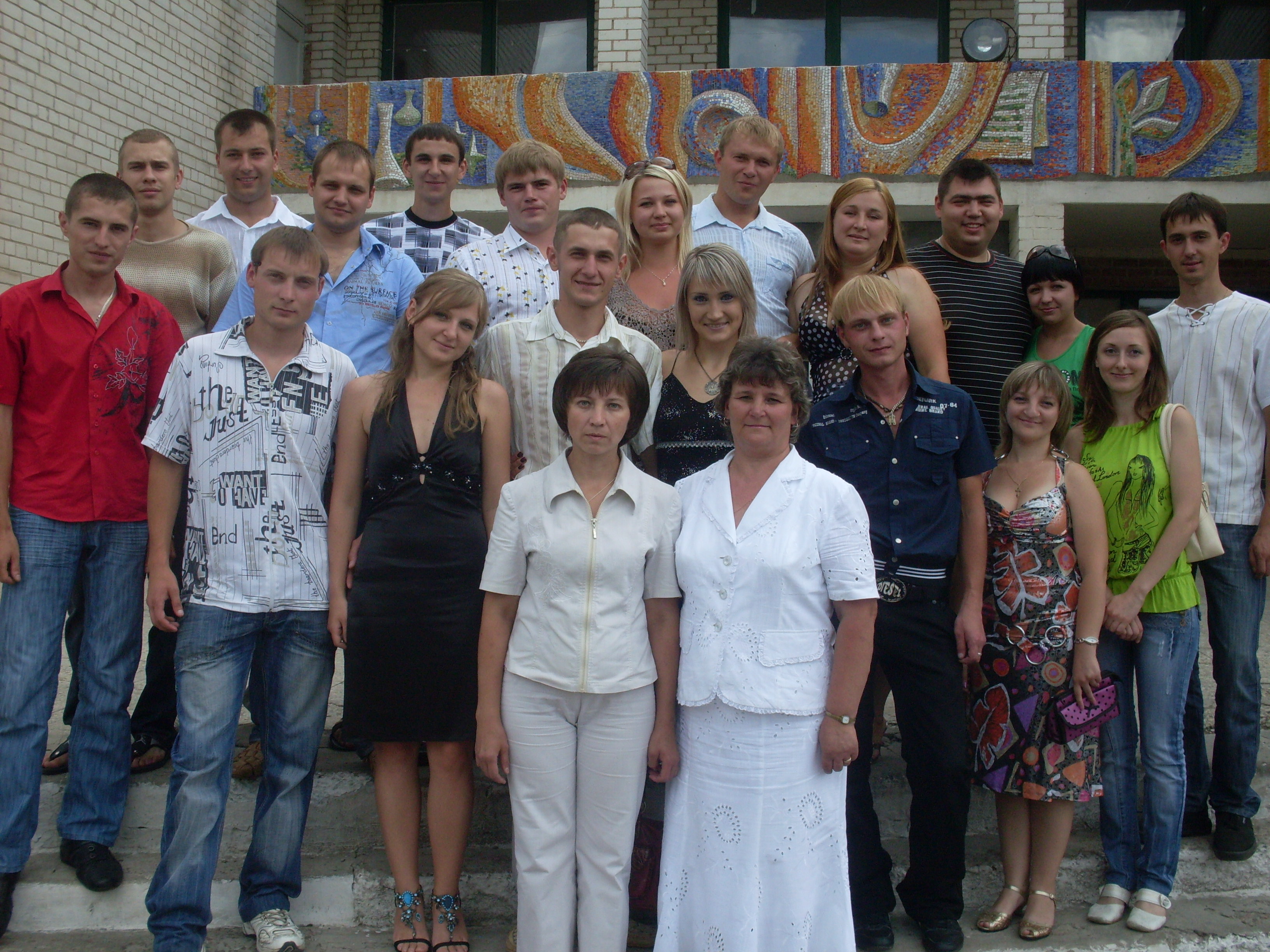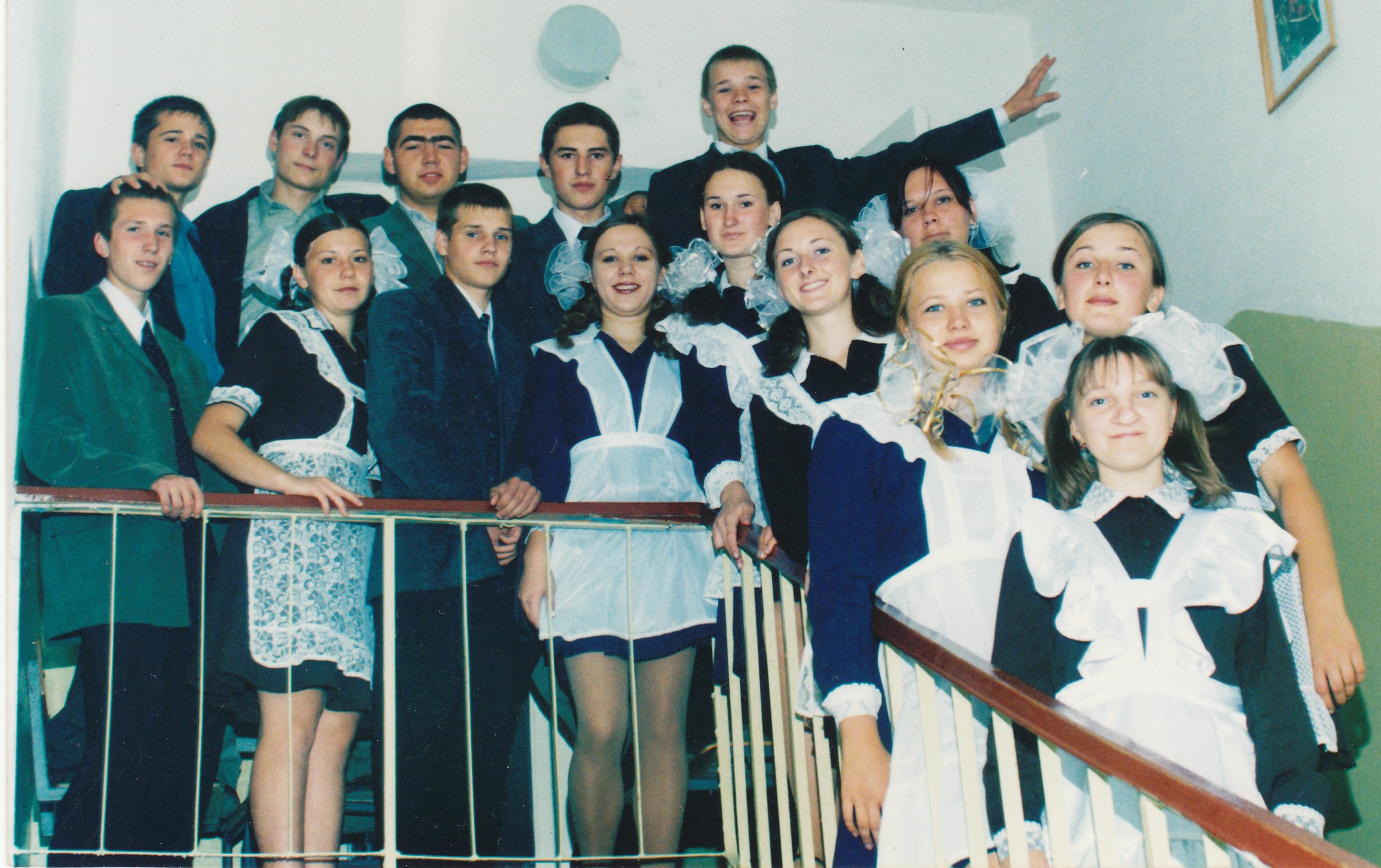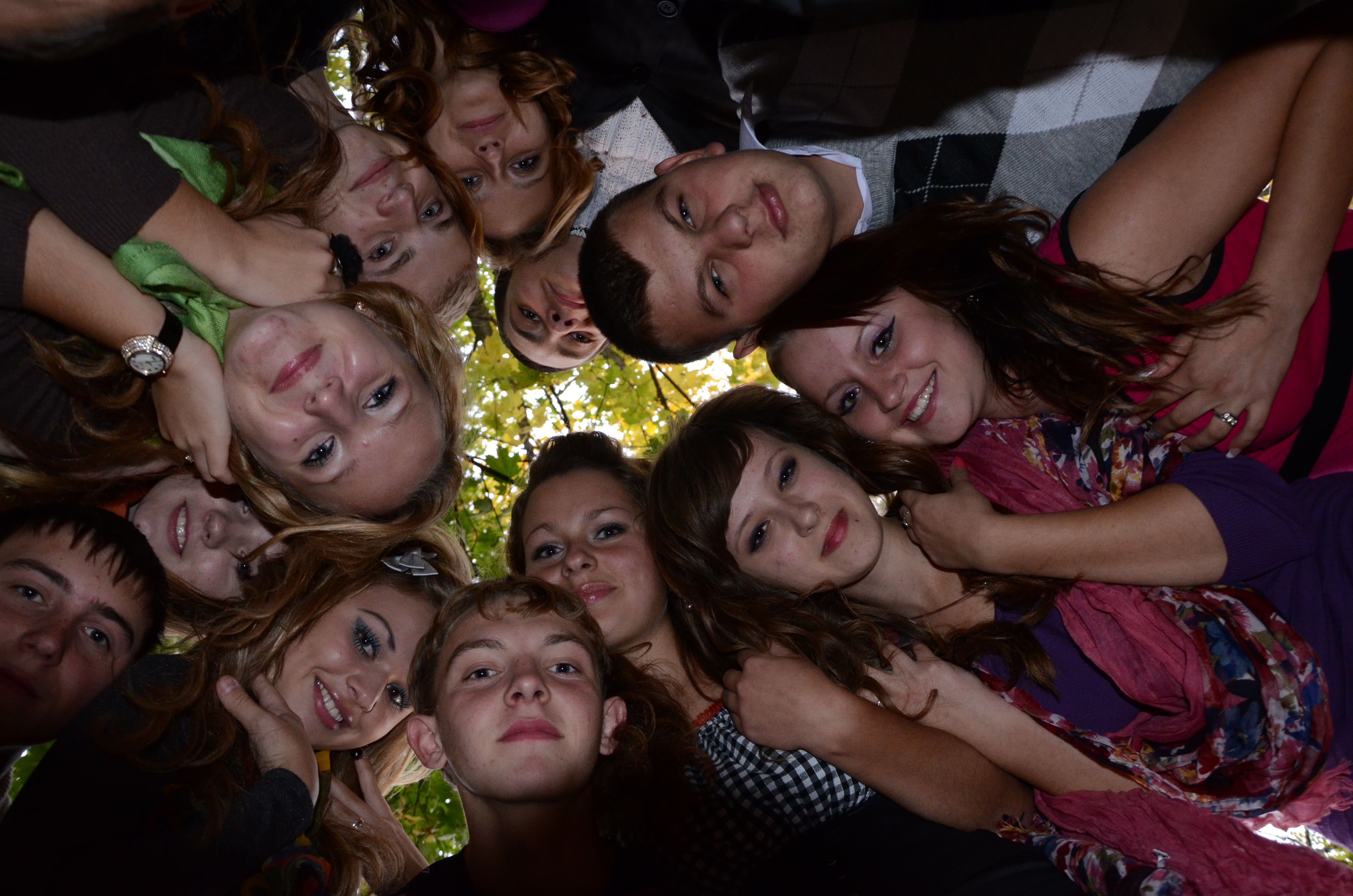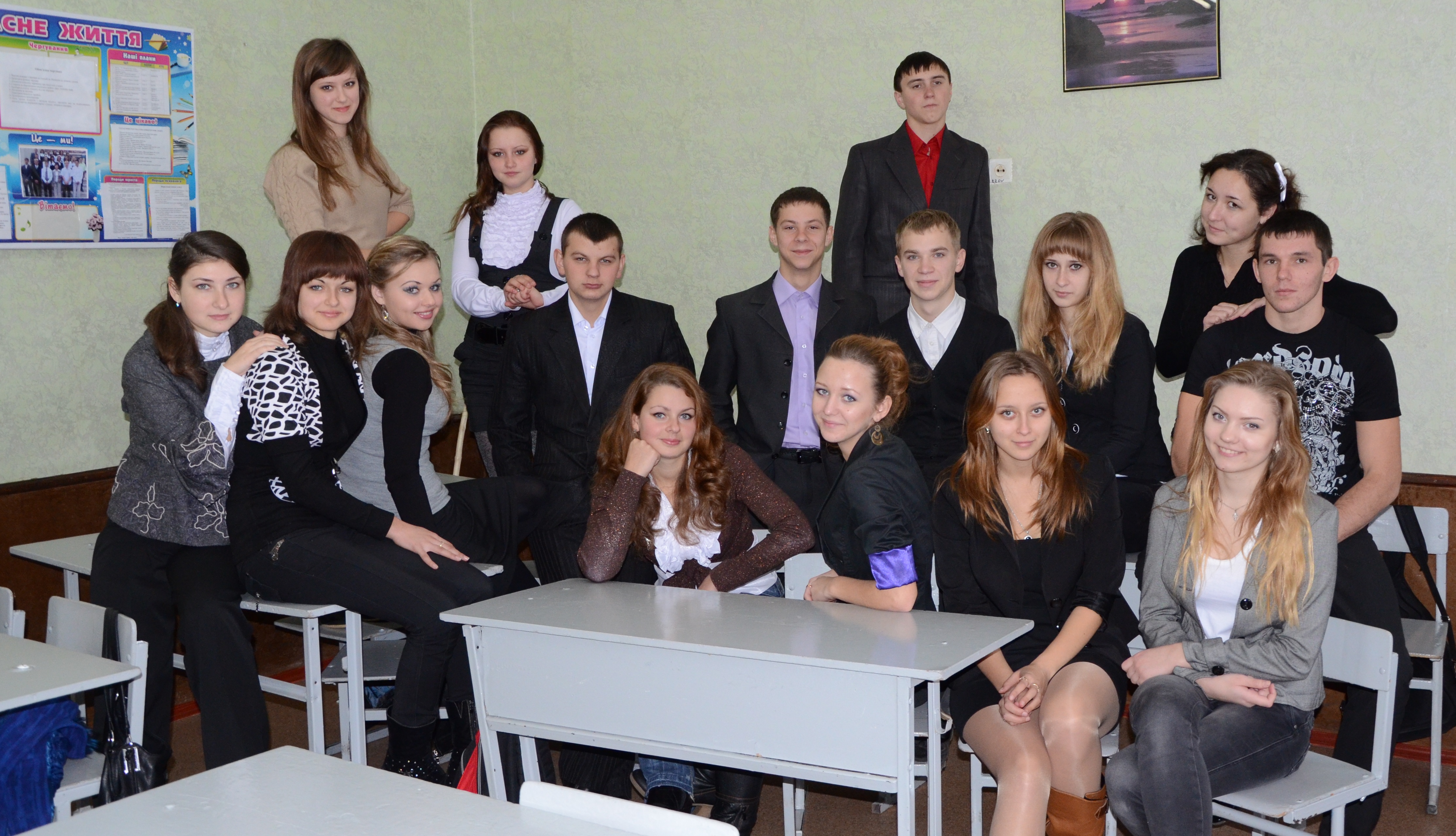Task 1. Quiz: Our Flat
1. This room is big. There is a nice table with a vase on it in the room. There are six chairs, a sofa and a TV-set in this room. You can see a cupboard with cups and plates and a bookcase with English and Ukrainian books in this room. The room has a big window. There is a clock on the wall.
2. This room is not very big. You can see two beds, a wardrobe with dresses and other clothes, a mirror and two lamps on the wall. You can see a carpet on the floor in this room.
3. This room is small. There is a sofa and a desk with a chair at it. You can see shelves with books and textbooks. On the desk there is an English textbook, some exercise books, pens and pencils. There are some toys on the floor. You can see a computer in this room too.
4. There is a big table and six chairs round the table in this room. There is a cupboard with dishes at the wall of the room. You can see some plates with soup, bread and spoons, and cups with tea on the table.
5. This room is little. You can see a little table and four chairs at the window. There are some shelves with cups, glasses, jugs and plates on them. There is a gas cooker, cold and hot water taps in this room too. You can see a fridge in this room.
You can get post-listening task here.
Task 1. The Most Beautiful Hands
Many years ago three rich women met very often in a garden. They sat there and talked the whole day. One morning one of them said, “How white and beautiful my hands are!” Another said, “My hands are more beautiful”. The third woman said, “My hands are the most beautiful”.
An old woman in a very poor coat came up to them. She said, “I’m old and cannot work. I haven’t eaten for a long time. Give me something to eat, please”. But the rich women gave her nothing. They only asked her, “Tell us, old woman, which of us three has the most beautiful hands?” “I shall tell you a little later”, the old woman said and walked away.
A village woman was sitting in another place. She was poor and her hands were dark from work. The old woman came up to her and said, “I haven’t eaten for a long time. Give me something to eat, please”. The poor woman opened her bag, took out a piece of bread and gave half of it to the old woman. The old woman ate it and drank some water. Then she took the village woman by the hand, brought her before the rich women and said, “Now I’ll tell you whose hands are the most beautiful. The hands of this poor woman are dark from work, but they give us bread. They are more beautiful than your white hands which don’t know work!”
Tick true or false statements (+) or (-)
1. Many years ago three rich women met very often in the yard.
2. The rich women sat there and work the whole day.
3. One evening one of them said, “How white and beautiful my hands are!”
4. Another said, “My hands are more beautiful”.
5. A young woman in a very poor coat came up to them.
6. An old woman asked for some food.
7. The rich women gave her some fruit and bread.
8. They only asked her “Tell us, old woman, which of us three has the most beautiful hands?”
9. A village woman was sitting in another place.
10. She was also rich and the village woman’s hands were white and beautiful.
11. The poor village woman opened her box, took out a piece of bread and gave half of it to the old woman.
12. The old woman took the bread and went away.
13. Then she took the village woman by the hand, brought her before the rich women.
14. The old woman told the rich women: “Now I’ll tell you whose hands are the most beautiful. The hands of this poor woman are dark from work, but they give us bread”.
Формування культури морально-етичного сприйняття
Морально вихованим вважають ту людину, яка не тільки засвоїла моральні норми, а й поводить себе в любих ситуаціях у відповідності з ними. Моральне виховання включає наступні взаємопов’язані та взаємообумовлені сторони: формування моральної свідомості, виховання моральних почуттів, навиків і звичок моральної поведінки. Для належного морального становлення особистості необхідна спеціальна робота з учнями, спрямована на засвоєння ними моральних норм і принципів. Важко вести себе правильно, якщо не знаєш, як потрібно вести себе в тому чи іншому випадку.
Знання – це скарб, а вміння вчитися – ключ до нього
Українці переважно допитливі, високоосвічені та споконвіку прагнуть багато знати, а це утверджує нашу віру, що нація буде вічно процвітати на землі. Нас віками мордували, палили і різали, нищили і гноїли в концтаборах, морили голодом і розстрілювали державність, втоптували у землю і забороняли мову, а ми відроджуємося, живемо, ростемо і дужчаємо, воскресаємо з вічності і сяємо на світовому небозводі іншим народам, бо маємо незнищенне начало – освіту. Знання – це і справді найбільший скарб, який може мати людина. Адже цей скарб не загубиться, не згорить і не потоне у воді, не пропаде ніде, він завжди з людиною до самого кінця. Знати – це значить уміти застосовувати знання. Про знання можна говорити лише тоді, вони стають чинником духовного життя, захоплюють думку, пробуджують інтерес. Активність, життєвість знань – це вирішальна умова того, щоб вони повсякчас розвилися, поглиблювалися. Тільки за умови розвитку знань здійснюється закономірність: чим більшими знаннями володіє учень, тим легше йому вчитися. Детальніше
Урок Життя
Останній урок… Скільки в ньому спогадів, мрій і сподівань, радості і смутку, світлої печалі. Які ніжні почуття охоплюють душу. Переповнює серце любов до життя, до своєї юності, до вас, дорогі вчителі, до вас одинадцятикласники. Цей дзвоник для вас нині прозвучав востаннє, покликав на останній урок – урок життя. Невблаганно спливає час, відраховуючи секунди, хвилини, години, тижні, місяці, роки… Здається, що це було дуже давно, коли ви невпевнено зайшли у перший клас. Тоді для вас було все попереду: перша вчителька, перший дзвоник, перше прочитане слово, перші радощі та сльози. Це все вже в минулому. Ви із сумом оглядаєтеся на прожиті шкільні роки, що подарували стільки нового, чудового, розумного, красивого. Детальніше






